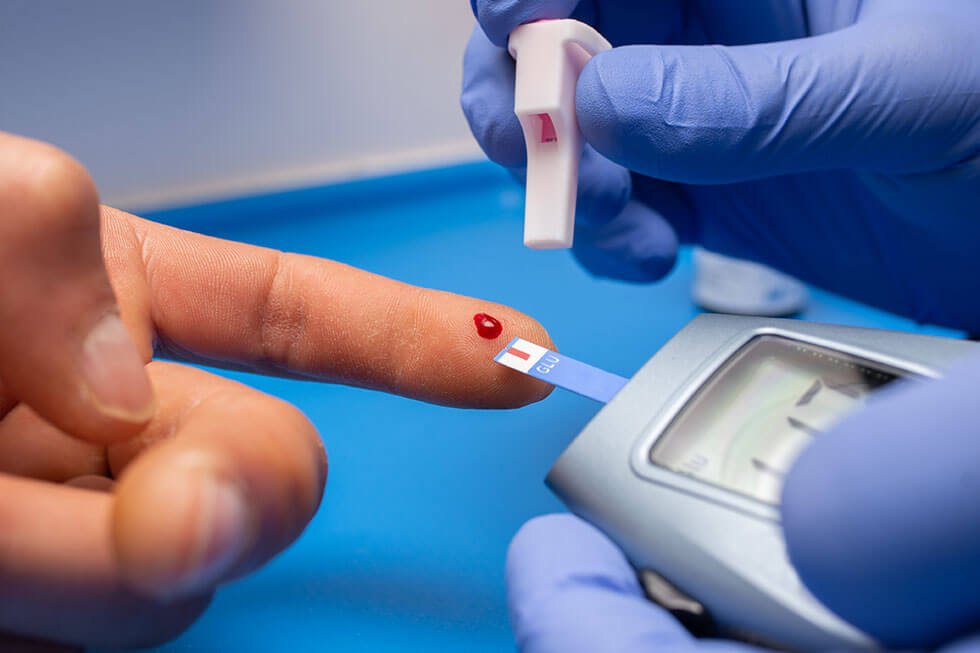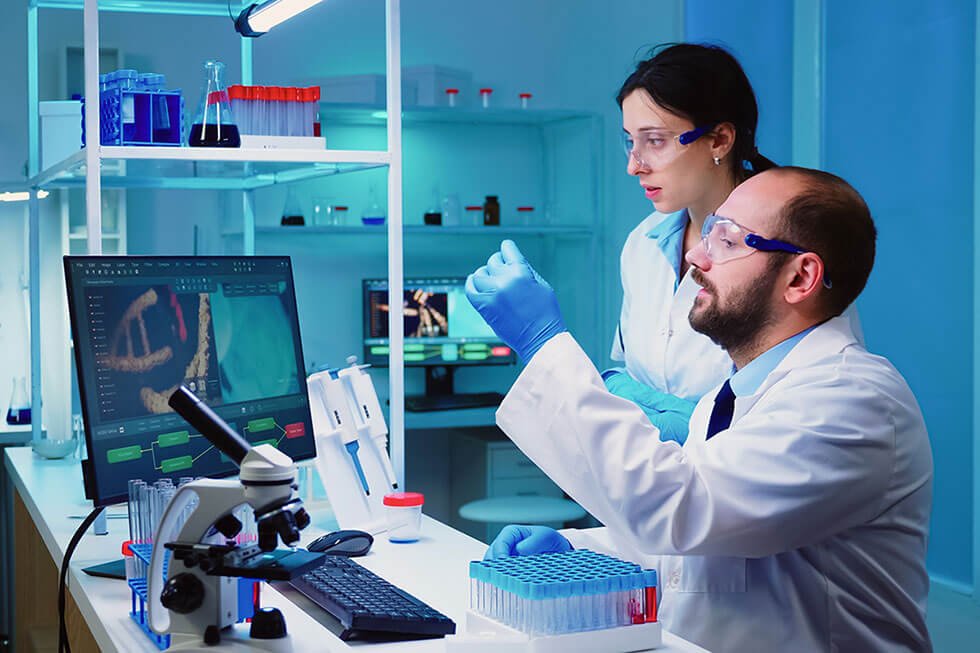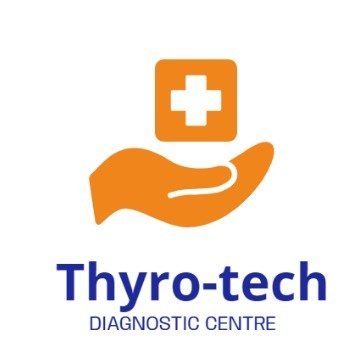Clinical Microbiology Tests
Microbiology is a branch of science that studies small living things called microorganisms, many of which can only be seen under a microscope. Many of these microorganisms cause diseases in humans. At the beginning of these; bacteria, viruses, fungi and parasites
Over the last 35 Years we made an impact that is strong & we have long way to go.
Diseases caused by these tiny creatures that we cannot see with the naked eye are generally called Infectious Diseases (Infectious Diseases). Tens of thousands of different microorganisms appear as disease agents.
Bacteriology; It is to obtain and identify bacteria that infect humans and to determine their antibiotic susceptibility. (Typhoid fever, cholera, bacteria causing throat infections, etc.)
Virology: Diagnostic tests of viruses that cause disease in humans (HPV, Hepatitis etc.)
mycology; Obtaining, identifying and testing susceptibility to antifungals (fungicides) of fungi that cause disease in humans.
Parasitology; Parasite and parasite egg research in stool, urine and some other body fluids.
Serology: Antibody-based diagnosis method in infectious diseases
The main tests studied in the microbiology laboratory are: Culture tests, bacteria identification tests, antibiotic and antifungal susceptibility tests, antibiotic resistance studies, direct microscopic examinations, stained preparation examinations, stool parasite egg search, antigen screening tests, antibody tests (serological tests). tests
List Of Options
Routine hematology and coagulation testing is available 24 hours a day, 7 days a week. Additionally, advanced hematological tests are a performed using a variety of techniques including flow cytometry and electrophoresis based methods and are available from Monday to Friday, 7 am – 7.30 pm.






